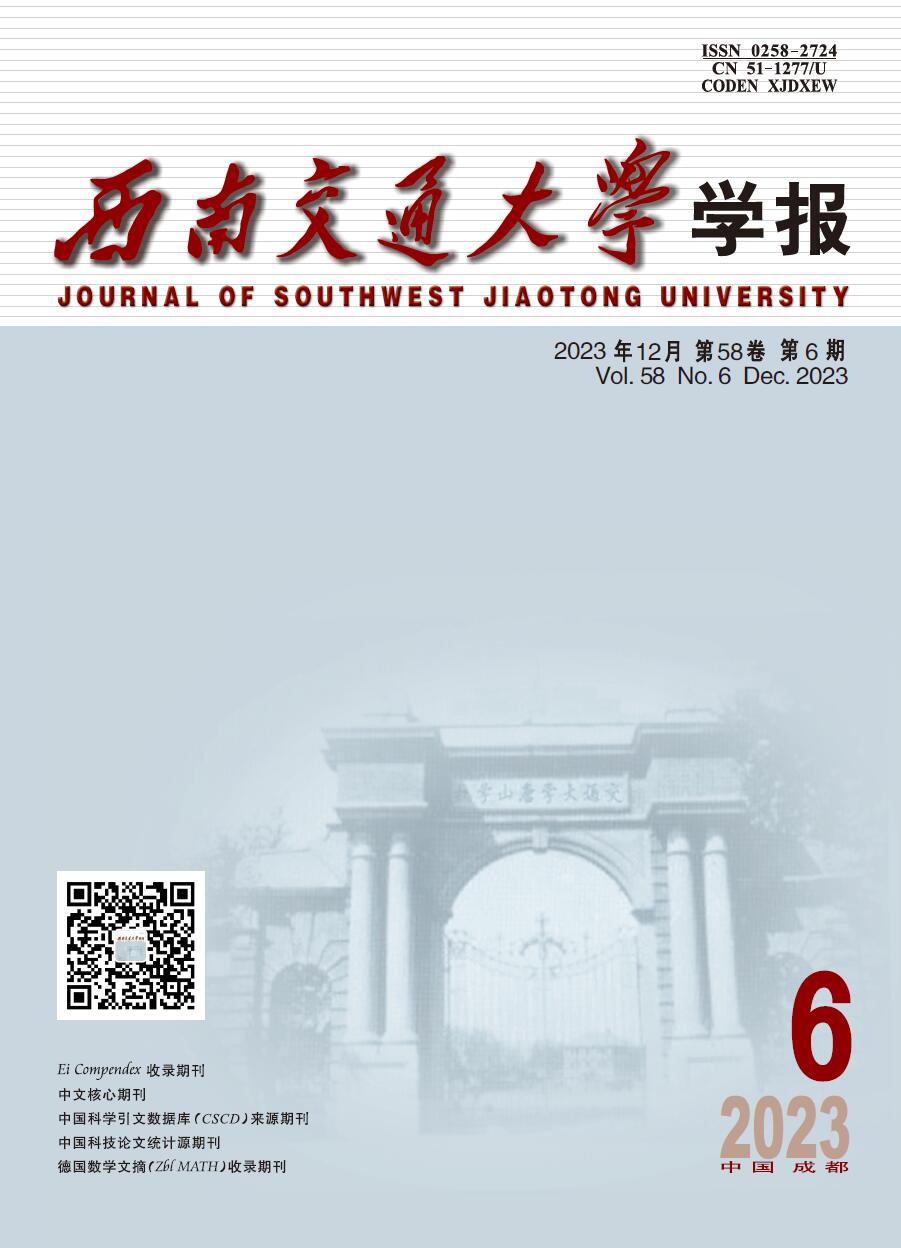数字鸿沟:沙特阿拉伯和约旦ict与社会互动的社会信息学研究
Q2 Multidisciplinary
Xinan Jiaotong Daxue Xuebao/Journal of Southwest Jiaotong University
Pub Date : 2023-01-01
DOI:10.35741/issn.0258-2724.58.5.5
引用次数: 0
摘要
本研究通过社会信息学的视角调查了沙特阿拉伯和约旦的数字鸿沟,社会信息学是一个探索个人与各种电子媒体之间相互作用的领域。本研究采用混合方法,包括定性和定量数据的收集和分析。本研究的主要目的是增进对发展中国家获取信息通信技术(ICT)和数字素养状况的理解。研究揭示了获取信息通信技术资源的诸多障碍,包括但不限于互联网基础设施不足和成本过高。数字素养存在差异,年龄、教育程度和社会经济地位等因素会产生影响。性别差距、城乡差距等社会因素加剧了数字鸿沟。信息和通信技术的采用受到个人对技术的态度和信念以及他们对个人隐私和文化传统可能受到侵蚀的关切的影响。本研究承认政府举措和政策在弥合数字鸿沟方面的重要性;然而,它也对其有效性和执行提出了问题。关键词:数字鸿沟,信息通信技术,互动DOI: https://doi.org/10.35741/issn.0258-2724.58.5.5本文章由计算机程序翻译,如有差异,请以英文原文为准。
THE DIGITAL DIVIDE: A SOCIAL INFORMATICS STUDY OF ICT INTERACTION WITH SOCIETY IN SAUDI ARABIA AND JORDAN
The present study investigates the digital divide in Saudi Arabia and Jordan through the lens of social informatics, a field that explores the interplay between individuals and their diverse electronic media. This study employs a mixed-methods approach, encompassing the collection and analysis of both qualitative and quantitative data. The primary objective of this study is to enhance comprehension of the status of access to information and communication technology (ICT) and digital literacy in developing countries. The research has revealed numerous obstacles in accessing ICT resources, including but not limited to insufficient internet infrastructure and exorbitant costs. There are discrepancies in digital literacy, with factors such as age, education, and socioeconomic status being influential. Social factors such as the disparity between genders and the divide between urban and rural areas serve to intensify the digital divide. The adoption of ICT is subject to the influence of individuals’ attitudes and beliefs about technology and their concerns regarding personal privacy and the potential erosion of cultural traditions. This study acknowledges the importance of governmental initiatives and policies in bridging the digital divide; however, it also poses questions regarding their effectiveness and implementation. Keywords: Digital Divide, Information and Communication Technology, Interaction DOI: https://doi.org/10.35741/issn.0258-2724.58.5.5
求助全文
通过发布文献求助,成功后即可免费获取论文全文。
去求助
来源期刊

Xinan Jiaotong Daxue Xuebao/Journal of Southwest Jiaotong University
Multidisciplinary-Multidisciplinary
CiteScore
1.50
自引率
0.00%
发文量
166
期刊介绍:
Information not localized
 求助内容:
求助内容: 应助结果提醒方式:
应助结果提醒方式:


